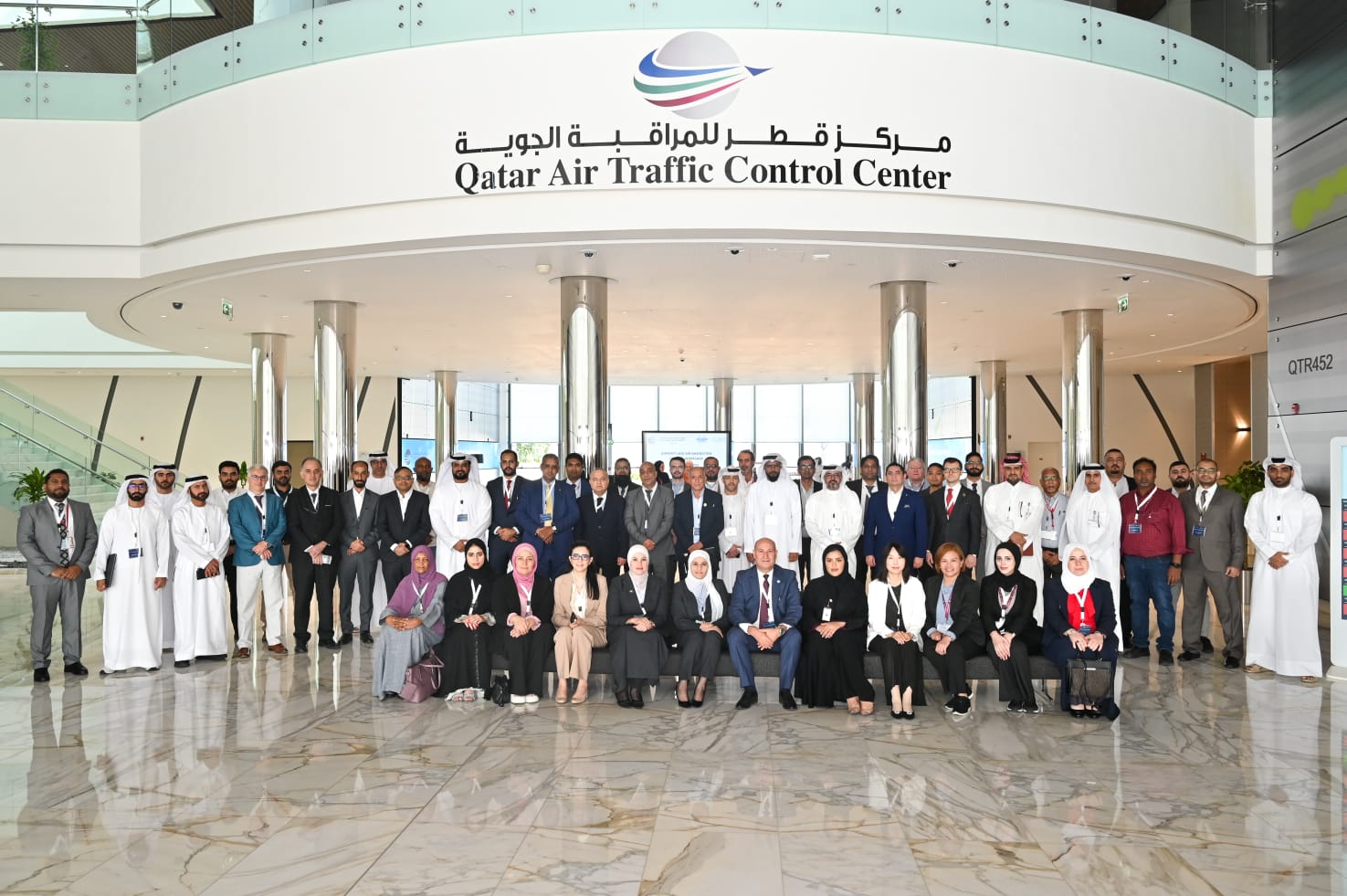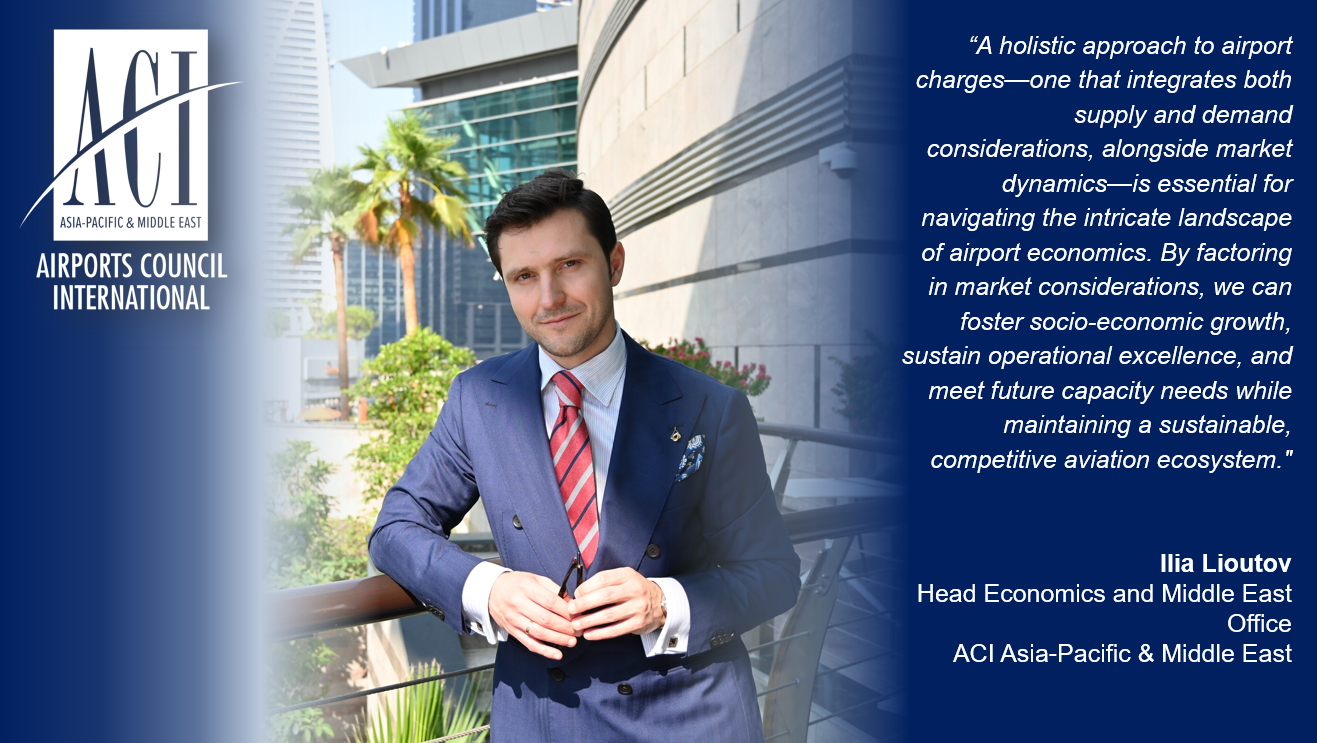
A holistic approach to airport charges is critical for sustainable growth of aviation industry: ACI APAC & MID
- 2024-10-30

At the ICAO Workshop on Airports and Air Navigation Services Charges, hosted by the Civil Aviation Authority of Qatar, ACI Asia-Pacific & Middle East called for more effective economic regulation strategies that can enable socio-economic growth, sustain operational excellence, and meet future capacity needs while maintaining a sustainable, competitive aviation ecosystem.

Representing ACI APAC & MID, Ilia Lioutov, Head-Middle East and Economics, presented a regional perspective on airport charges, aiming to dispel misconceptions and explore pathways for more effective economic regulation. He emphasised that the determination of airport charges should not be confined to a purely cost-based approach that focuses only on the supply side. Instead, a more holistic, demand-inclusive perspective should be adopted—one that considers socio-economic benefits, efficient capacity utilization, and broader market dynamics.
This balanced approach is essential for:
- Ensuring efficient use of existing infrastructure and signalling the market's need for new capacity.
- Enhancing socio-economic contributions, including increased connectivity and support for underserved routes.
- Mitigating environmental and noise impacts, fostering sustainability alongside development.
A key part of the presentation highlighted the regulatory challenges during the COVID-19 era—when rigid economic regulations left airports unable to adjust charges in response to drastically declining traffic. This lack of flexibility not only hindered the ability to adapt but also affected future investments and access to financing, underscoring a clear gap between theoretical regulatory frameworks and the practical realities experienced during a crisis.
Another important point was advocating for regular inflation adjustments in airport charges.
With accumulated inflation in the Middle East exceeding 200% over the last two decades, a robust mechanism for periodic and incremental charge adjustments is crucial to align revenues with rising operational costs. Such adjustments are essential for maintaining operational viability and ensuring that capital expenditure needs, considering high projected growth, are recognized and adequately funded.
Reiterating the crucial distinction between airport charges and aviation taxes, ACI firmly opposed the proliferation of taxes that do not contribute directly to aviation but instead serve to fund unrelated government expenditures, as such taxes may stifle growth and inhibit the industry's ability to meet increasing demand.
In conclusion, the complexities and interdependencies surrounding airport economics demand a nuanced approach—one that respects the delicate balance between financial sustainability, regulatory compliance, operational efficiency, and broader economic contributions.
The workshop brought together key regulators and industry stakeholders across the Middle East, including representatives from IATA, CANSO, AACO, and regional Civil Aviation Authorities, to discuss the complexities of airport economics.
- CATEGORY
- COUNTRY / AREA
- Hong Kong SAR
- AUTHOR
- ACI Asia-Pacific & Middle East







